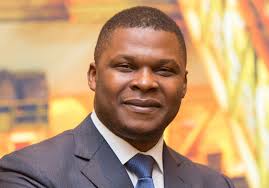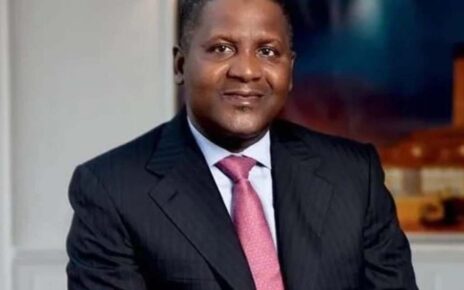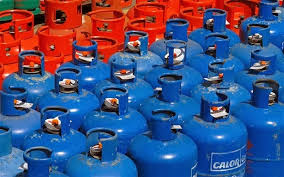Key stakeholders in Africa’s energy sector have canvassed the need for improved investments by governments and the organized private sector (OPS) in order to explore to the fullest the socio-economic opportunities in the sector for sustainable development in the various countries.
The stakeholders advocated the option following discussions on the investment in Africa’s energy sector and the role of African investment banks, harmonized regulations, and improved ease of doing business during an oil industry business forum organized by the African Energy Chamber (AEC) on May 11 in Malabo, Equatorial Guinea.
According to the participants, with global capital expenditure for fossil fuels on the decline due to energy transition related trends, and foreign investors turning to renewables in the face of climate change, Africa needs to come up with its own capital raising solutions in order to accelerate investment and development across the continent’s hydrocarbons sector.
In her remarks during the panel discussion, the Chief Executive Officer, Adelaar Energy, Grace Orife, noted that “Africa has a lot of commercial banks – over 700 banks across 54 states – but how many of those are investment banks? Oil and gas is a capital-intensive industry, and very hard for commercial banks to fund. Africa’s financial market is perceived as one with very high credit and insolvent risk which is making it hard for investors to come to Africa.
“However, the African market will need to have access to capital. The banking sector needs to work together and harmonize so that they can have enough force to invest in African oil and gas”, she added.
Orife noted that with Africa’s regulations implemented on a country-by-country basis, the harmonization and collaboration of fiscal regimes could be a viable solution to raising capital in Africa, particularly foreign investment.
Noting that the CEMAC region’s ease of doing business, for example, is considered unproductive, deterring foreign investment due to the complex foreign currency regulations, Orife stressed that to mitigate this and secure more investment for new and existing energy projects, countries across the region should work together to ensure the regulatory environment is both attractive and competitive.
Speaking during the discussions, Consultant Oil and Gas and Energy Transition, Yann Pierre Yangari, said “What we can see is that countries in the CEMAC area are competing for the same financing. It would be interesting to see our market as a regional one, harmonizing our fiscal regimes in order to attract investors into our region. We should see each other as allies.
“This is where we can see some improvement in working together. Regulators and national oil companies need to sit down and see how the regulatory regimes can secure more investment in the region”, Yangari stressed.
The participants further noted that while foreign institutions typically represent the predominant source of financing for Africa’s oil and gas projects, adding however that new and existing African institutions, including the African Export-Import Bank (Afrexim Bank), the African Energy Investment Corporation (AEIC) and the African Development Bank (AfDB), were rising to the challenge of providing critical capital for existing and upcoming projects.




